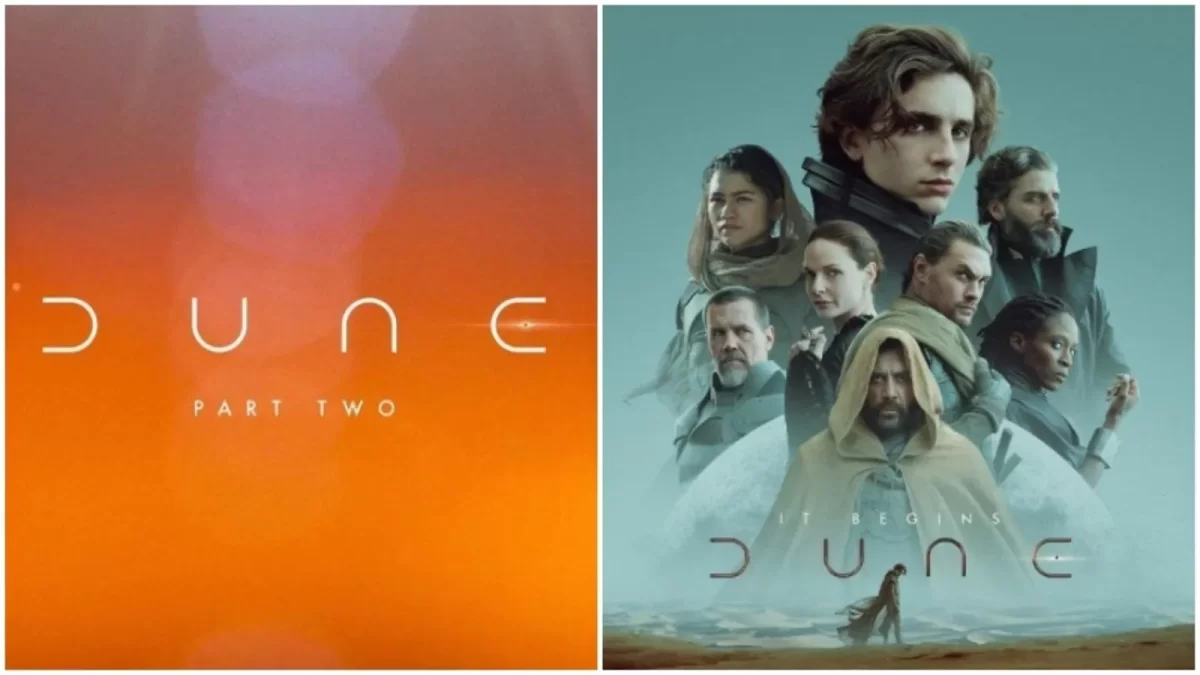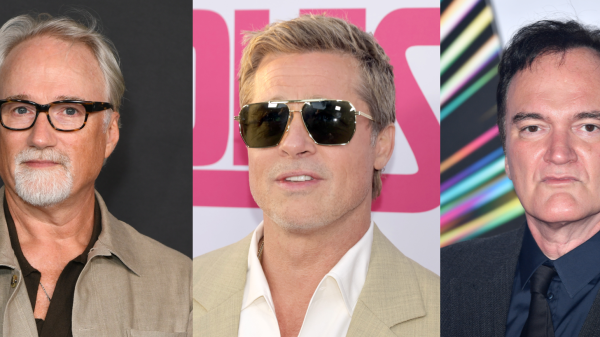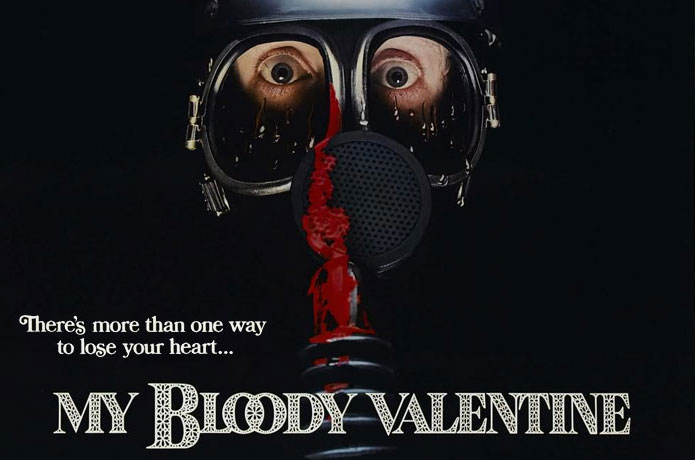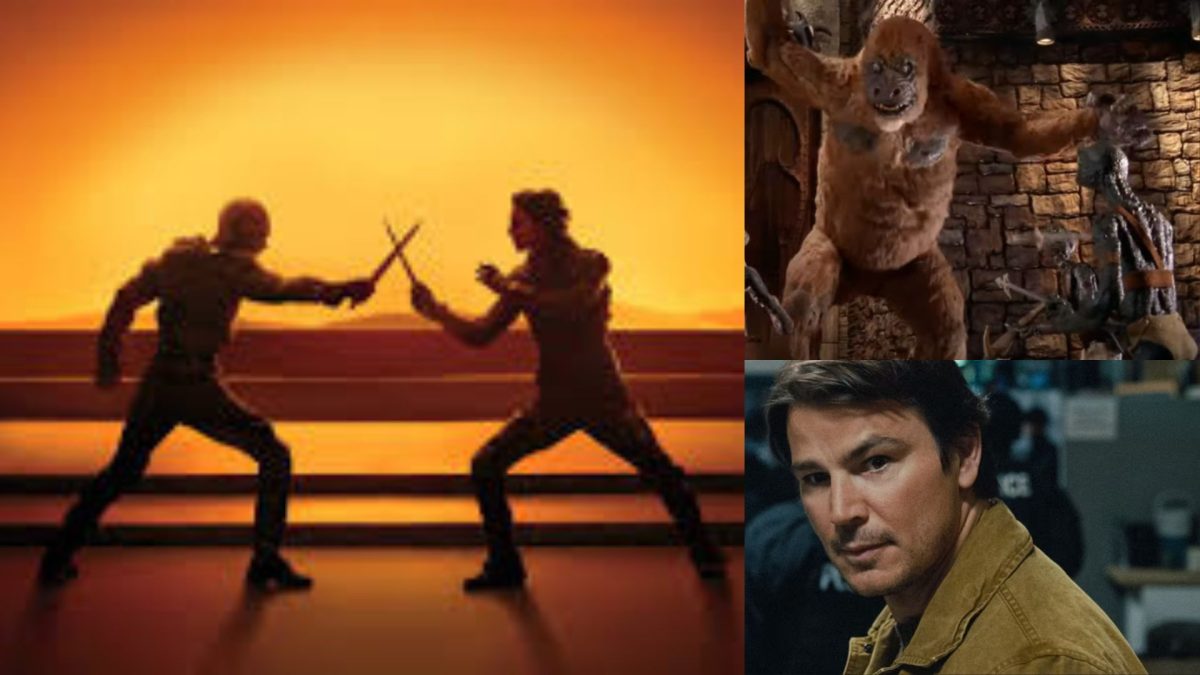When Star Wars was released in 1977, it changed the face of cinema. Blockbusters, science fiction, and special effects were never the same again.
Among its influences were Stanley Kubrick’s 2001: A Space Odyssey, Akira Kurosawa’s The Hidden Fortress, and Frank Herbert’s Dune. With the amount of money Star Wars made, studios realized that science fiction could pay off very well for them.
One catch. Kubrick’s 2001 was made at the same time Arthur C. Clarke’s novel was being written; and many of Kurosawa’s films were jidaigeki films (period pieces). Dune, while telling a familiar story, was known for being unfilmable. The amount of exposition required to effectively set up the story was beyond what cinema could do. Certain scenes would require highly advanced sound design over visual effects. Basically, it would be extremely difficult to do.
Studios had been trying to make a Dune film as far back as 1970, but with the release of Star Wars, it finally seemed within reach.
French filmmaker Alejandro Jordorowski had been attached to direct the adaptation, around 1974. For several years, he wrote a script and extensive storyboards to try and accurately portray the book’s vivid imagery and details. Jordoroswki had been working with Dan O’Bannon, H.R Giger and Jean “Mœbius” Giraud for visual effects. Pre-production went as far as creating sets. However, the budget ballooned to a record at the time. Given the size of the script (said to be the size of a phone book), it would’ve reached close to fourteen hours in length. After years of work, the project fell through. A documentary, titled Jordorowski’s Dune, was released in 2014 to immense critical acclaim.
The sets for Jordoroswki’s film were purchased by director Ridley Scott for his 1979 film Alien, on which O’Bannon and Giger worked; Mœbius Giraud worked with Scott on his 1982 film Blade Runner; and rights to Dune were purchased by producer Dino De Laurentiis.
De Laurentiis had hired Scott to direct a Dune film in 1979, but Scott quit the project soon after. By 1983, director David Lynch was attached to direct the film. Lynch had previously gained recognition for his films Eraserhead (1977) and The Elephant Man (1980). Lynch’s films had a distinct visual style, utilizing unique color pallets and camera angles. Unfortunately, Lynch hadn’t heard of the book when De Laurentiis called him, and his knowledge of the world was through the screenplay.
Lynch got several names in the film. Kyle MacLachlan (of Twin Peaks fame) as Paul Atreides; Brad Dourif (Child’s Play) as Piter de Vries; Patrick Stewart (Star Trek, X-Men) as Gurney Halleck; Sean Young (Blade Runner) as Chani; Virginia Madsen (Candyman) as Princess Irulan; Max von Sydow (The Exorcist) as Liet-Kynes; Jürgen Prochnow (In the Mouth of Madness) as Duke Leto; and Sting as Feyd-Rautha. Toto composed the film’s soundtrack.
Despite an all-star cast and state-of-the-art special effects (and one of the largest budgets in history up to that point), the biggest issue with the film was the screenplay. The novel it was based on remains an incredibly dense novel, while the film clocks in at less than two and a half hours.
The rate in which the film flits between scenes allows Lynch to showcase a unique vision for the different planets, but doesn’t have focus. The novel also goes into detail as to why people don’t use guns. The finale of the film ignores this and turns into a Star Wars-esque laser battle that feels out of place with the rest of the story. This was likely studio interference, but whatever the case was, audiences and critics didn’t bite.
David Lynch’s Dune made about $30 million on a budget of $45 million and was met with immense criticism from critics. Critic Roger Ebert panned the film, giving it one star out of four and naming it the worst film of 1984. His colleague Gene Siskel felt similarly, as did many critics. Lynch himself has disowned the film, saying that it was a miserable experience to make.
Since the release of the film, reception has softened to a degree, and it has gained a cult following. A fan edit, entitled Dune Redux, was created using deleted scenes from the film and reportedly smooths out many of the problems with the original cut.
Still, the Lynch’s film cemented Dune as an unfilmable story, at least as a theatrical release.
In 2000, the Sci-Fi channel aired a three part miniseries, titled Frank Herbert’ s Dune, starring William Hurt as Duke Leto. Despite Hurt’s rather scant screen time, he was one of the more recognizable names in the production. Director John Harrison (who composed the soundtrack for George Romero’s 1985 film Day of the Dead) sought to find actors who embodied the characters rather than bank on star power.
The miniseries itself is an extremely faithful adaptation, although its smaller budget is visible in certain scenes. Sometimes it feels more like an episode of Star Trek rather than a large-scale epic, and scenes involving ships or great effects driven sequences may look incredibly dated. But where the series truly shines is through its performances, specifically Alec Newman as Paul Atreides.
The series was aired in three episodes, which allows it to follow a similar structure to the original novel, which was serialized in three parts. Each part clocks in around ninety minutes, which makes for easier viewing.
It was received far better than Lynch’s film, for good reason. It lacks in singular vision, but provides a full experience that never strays away from the deep themes and intricate plotting that the Lynch film passes over.
Unfortunately, the miniseries isn’t streaming anywhere, so one’s best bet would be to find a copy on DVD. Certain home video releases include a director’s cut, which reinstates almost a half hour of deleted footage, including some nudity and violence.
Warner Bros. acquired the Dune license around 2011, through Legendary Entertainment. In 2016, director Denis Villeneuve expressed an interest in making a Dune adaptation, which had been a goal of his since childhood. 2016 saw Villeneuve’s film Arrival nominated for Best Picture at the Academy Awards, and was a financial success. His next film, 2017’s Blade Runner 2049, shared similar acclaim from both critics and audiences, but remains one of the most infamous box-office failures of the past fifteen years.
Villeneuve fought an uphill battle for several years, eventually securing his position as the director of the next Dune adaptation. Many of his films have been science fiction pictures, allowing Villenuve to bring experience in the genre to the film.
His pitch was centered around splitting the story into two parts, as he refused to cram several hours worth of story into a singular blockbuster-length film. The first film would tell the story of the Atreides taking control of Arrakis; the Harkonnen siege; Paul’s flight into the deep desert and his initial encounters with the Fremen (amongst other things).
Aspects of the film required new techniques being invented. Cinematographer Greg Fraiser and his crew created “sandscreens” to capture the natural luminescence of the Arrakis sun bouncing off the sand. Similarly, composer Hans Zimmer created new instruments to give the film a unique sound (Zimmer ended up winning the Oscar for Best Score).
In the vain of David Lynch, Villenueve got an all-star cast to support the film: Timothee Chalamet as Paul Atreides; Rebecca Ferguson (Mission: Impossible) as Lady Jessica; Oscar Isaac (Star Wars, Spider-Verse) as Duke Leto; Josh Brolin (Avengers, No Country for Old Men) as Gurney Halleck; Dave Bautista (Blade Runner 2049, Guardians of the Galaxy) as Glossu “Beast” Rabban; Jason Momoa (Aquaman) as Duncan Idaho; Javier Bardem (No Country for Old Men, Skyfall) as Stilgar; and Zendaya as Chani.
Dune was released in October of 2021, and was a box-office success, grossing over four hundred million dollars on a budget of one hundred sixty-five million. It received much acclaim from critics and audiences, even being nominated for ten Academy Awards, winning six, the most of that year.
It is important to note that Dune is only the first part of a complete story. Critics have debated its effectiveness as a singular film, and that might be decided with the upcoming Part Two, but as an adaptation, it ends in the most logical place without being manipulative. Even though it ends on the line “This is only the beginning”, it stands on its own.
All of the Dune films have their quirks and unique aspects that make them all worth watching, but Villeneuve’s film is the most purely recommendable of the three. A strong audio-visual experience with fine performances as arguably the finest adaptation of Frank Herbert’s classic novel.
“Dune: Part Two” will come to theaters March 1.















